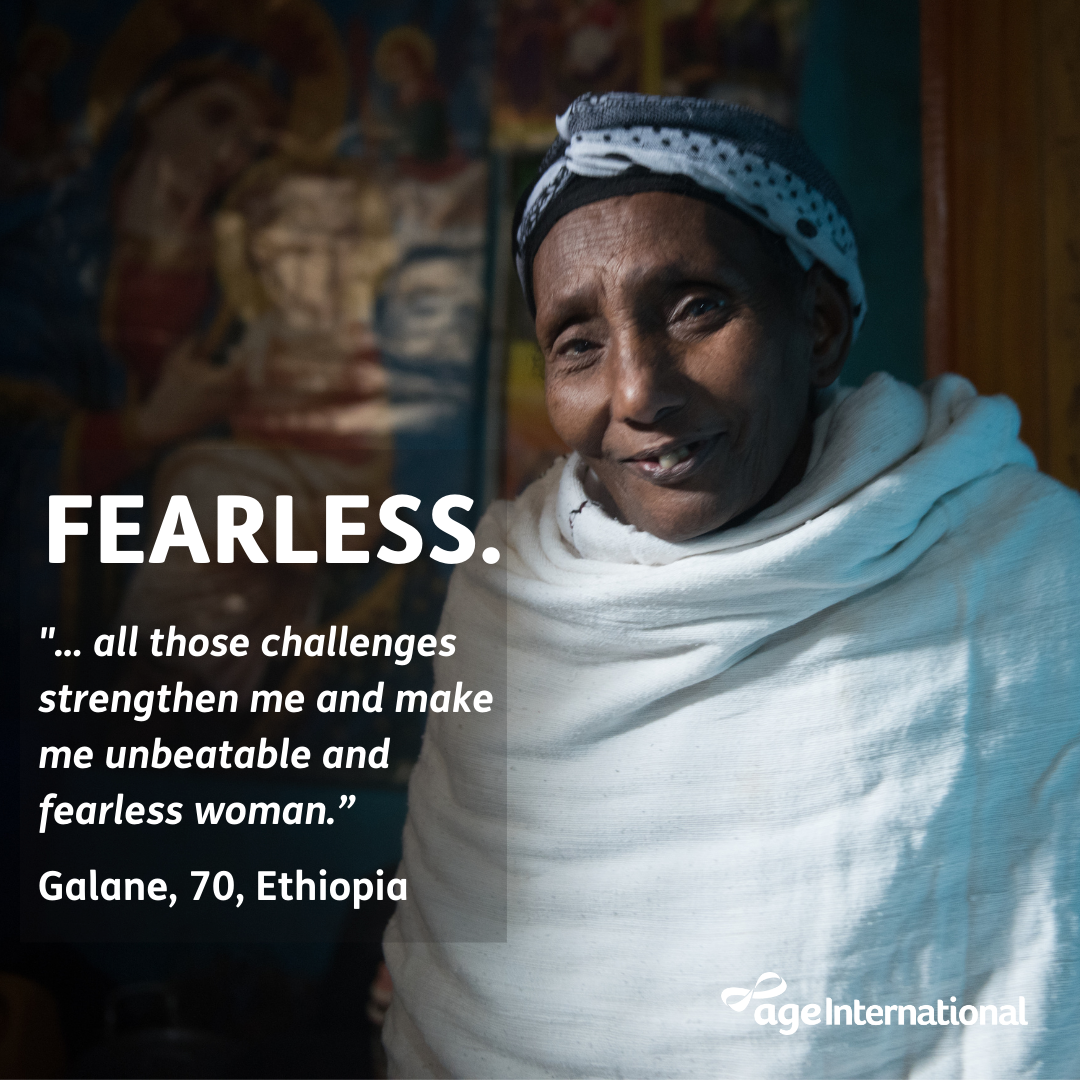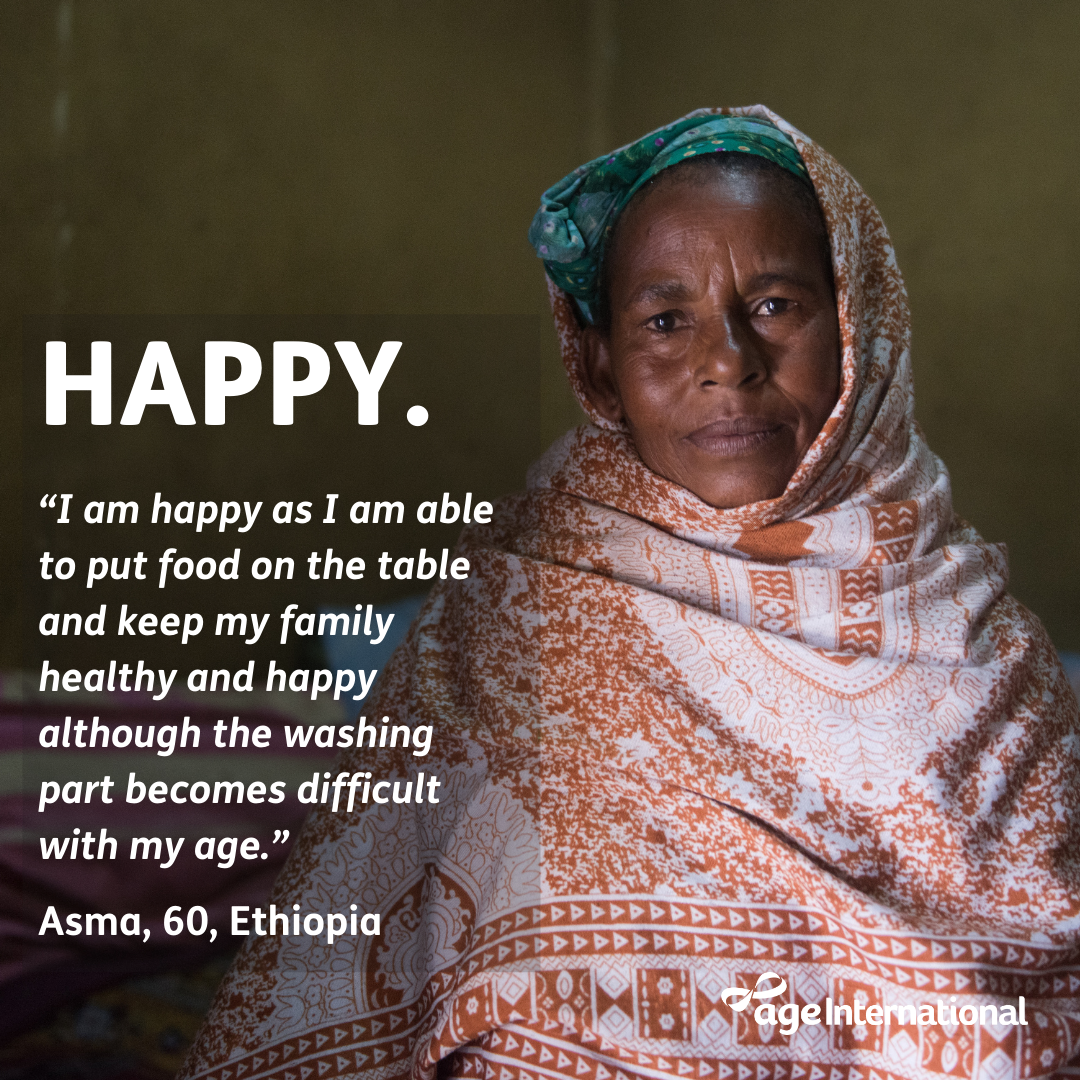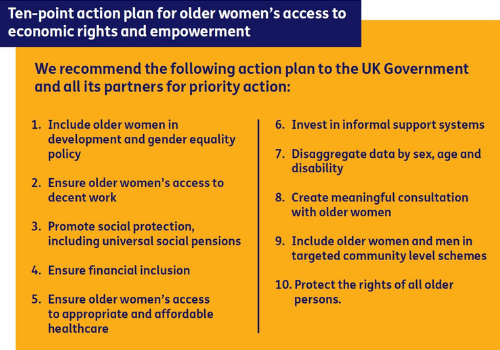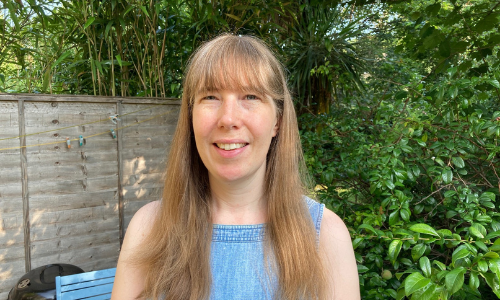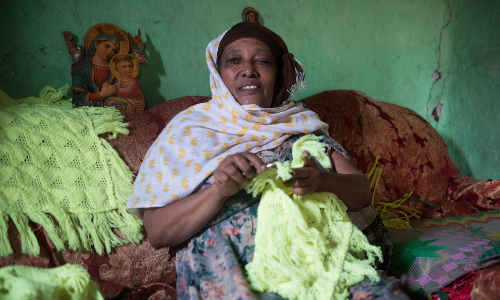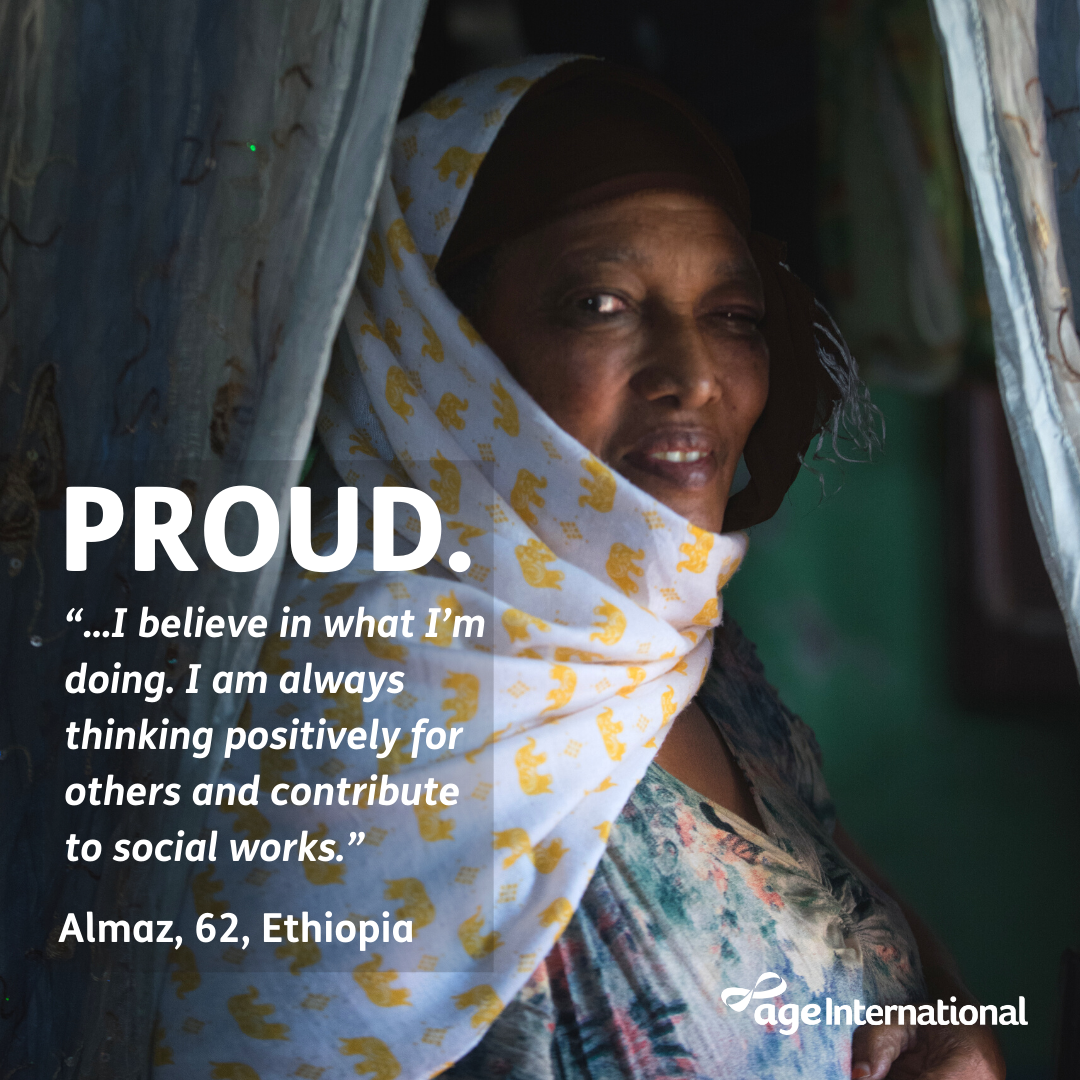
-
Who we are
-
What we do
-
How to help
-
Policy & Research
-
Explore publications and documents from Age International and our partners.
Read thinkpieces from experts in the fields of ageing, and international development.
-
-
News & Features
- Contact us
